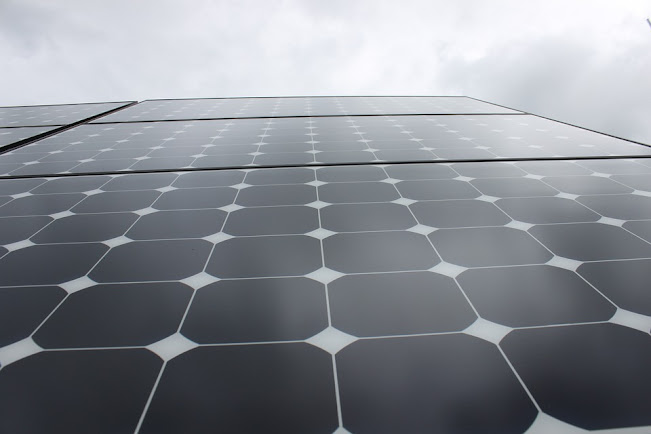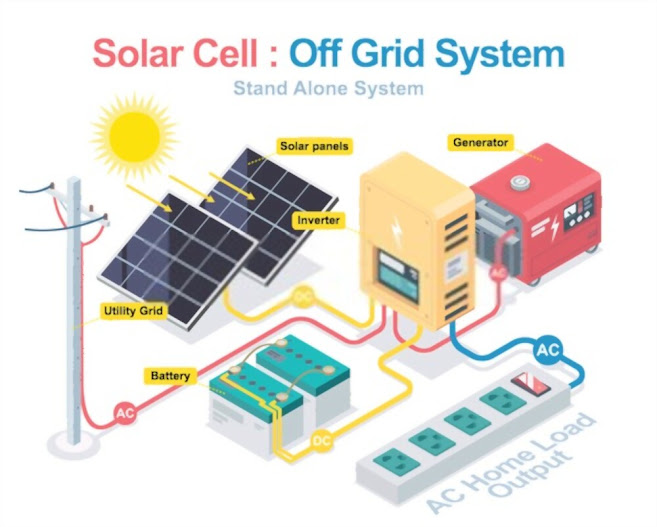Do you want to cut the cost of solar energy? | Cheap Solar Houston TX
Are you looking to produce your own electricity and save on buying from the grid? Then, this article is for you. Learn how to cut costs with solar energy, why it's an affordable energy source — and how to achieve a low-carbon future.
1. Saving money by installing solar panels
If you’re thinking about installing solar panels at home, you may be wondering how much money you can save. According to the Solar Energy Industries Association (SEIA), the average homeowner will save around $80 each month on their electric bill by installing solar panels. In addition, the Solar Energy Industries Association estimates that solar panels will pay for themselves in about seven years. So, if you could save “only” $80 a month, that would be $720 in seven years — an amount that would pay for itself pretty quickly.
The safeguards around the sun shining in your home aren’t the only benefits of solar energy. At a time of tremendous change in our planet, solar power is an investment into our future energy security. While federal subsidies have helped give neighbors the option of installing solar panels on their roofs — they are still not given to all. We know from experience that food stamps for some families don’t help the low-income person it is intended to; removing that assistance only subtly raises food-stamp costs for the rest of us.
We also know that with enough sun, our lives get better. In fact, I’m often asked if I’ll put up solar panels on my house. The answer is, of course, yes! When it comes to solar panels, almost everyone can benefit and there is no right or wrong answer. The reason is solar works for everyone — and it’s a great investment for the climate.
Don’t Miss: A Solar System Guide to Help You Choose the Size and Aids You Need
The first thing you should know about solar is that there’s no right or wrong amount. Like with any other energy source, the larger the system, the more money you can save. There are two options when it comes to installing a small, household solar system: a rechargeable battery system or a solar panel system. When choosing one, it’s important to determine if your home has roof access if installing in an interior space. Of course, a grid-tie system will cost more — and, unfortunately, a grid-tie system can’t be installed outside.
2. Solar panels are a good investment
Solar panels are a great investment for the future. Solar panels are a long-term investment and take time to recoup your initial investment, but they’re a great investment for the future.
You’ll notice that I use legacy links coming from reputable sites because I want you to learn the smarts that are otherwise hidden. If you find something beneficial, please clap so others can learn as well.
Here are the top five ways to own your own source of electricity.
You can generate energy from the sun at home or in your backyard. Solar panels made for homes can be pretty expensive but can significantly cut down on your renewable energy costs.
How much does it cost to generate one-kilowatt hour (kWh)? A one-kilowatt-hour solar panel at home costs between $100 and $800. It takes between 5 and 12 hours to produce one kWh. On average, the cost is about $0.15 per kWh.
The output from a solar panel can be used as required, or you can use it to make heat and light. You can also derive additional electricity to store during periods of high demand.
How much electricity can you produce from a single panel? You can generate 1 average of 43,000 kWh. The average person uses around 100 watts over their typical day, which amounts to 43,000 kWh per person or about 42,000 panels. 400 a month would be around 110,000 kWh per year. You’ll need to be consistent with how often you use the panels to ensure you’re getting the full benefit, but if you know you’re going to use your panels, it’s worth it to buy in for the long run. It shows the potential to become the primary form of energy.
Is solar energy saving money on your monthly electricity bill? Over a 12-year period, the electricity bill savings on solar energy would be around $1,500.






Comments
Post a Comment